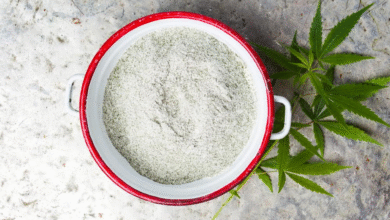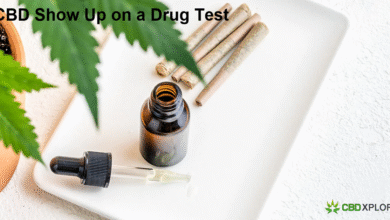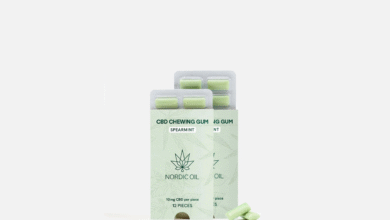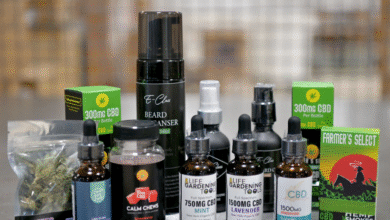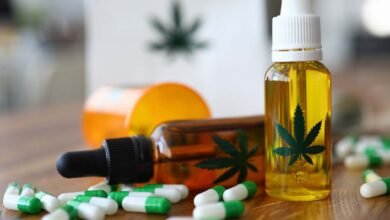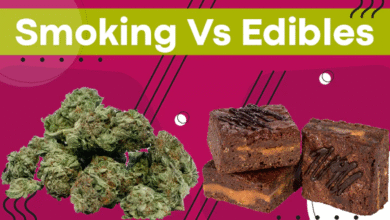Is CBD Legal in All 50 States? 2025 Legal Update
This comprehensive 2025 update explores the federal and state-specific legal landscapes of CBD, providing clarity on where CBD legal in all 50 states.
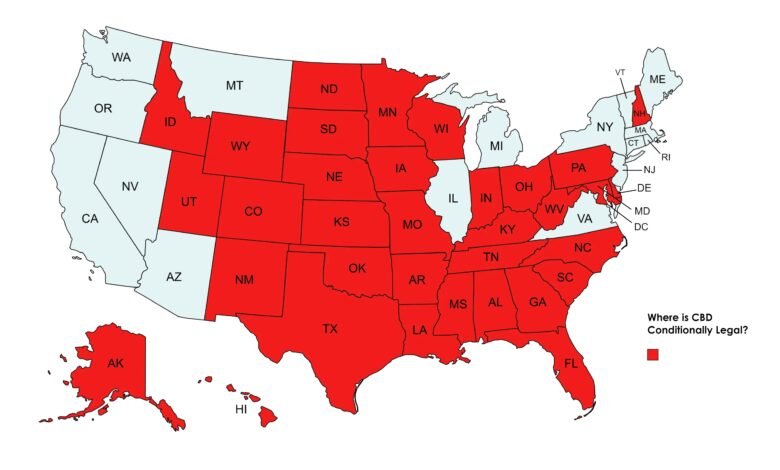
Cannabidiol (CBD) has become a prominent wellness product across the United States, celebrated for its potential therapeutic benefits without the psychoactive effects associated with THC. However, the legality of CBD varies significantly across the country. This comprehensive 2025 update explores the federal and state-specific legal landscapes of CBD, providing clarity on where CBD stands legally in all 50 states.
What Is CBD?
CBD is a non-intoxicating compound found in the cannabis plant. Unlike THC (tetrahydrocannabinol), CBD does not produce a “high.” It’s commonly used for various health-related purposes, including anxiety relief, pain management, and sleep disorders. (CBD vs. THC: What’s the Difference?)
Federal Legal Status
The 2018 Farm Bill legalized hemp-derived CBD products containing less than 0.3% THC on a dry weight basis. This legislation removed hemp from the Controlled Substances Act, effectively making hemp-derived CBD legal at the federal level. However, the FDA has not approved CBD as a dietary supplement or food additive, leading to regulatory ambiguities. (Is CBD Legal? The Ultimate 2025 Guide to CBD Laws)
State-by-State CBD Legality in 2025
While federal law permits hemp-derived CBD, individual states have enacted their own regulations, resulting in a complex legal landscape. Here’s an overview of CBD legality across the 50 states: (Is CBD Oil Legal in All 50 States? A Complete 2025 Guide – Hempbuti)
States Where CBD Is Fully Legal
In these states, CBD is legal for both medical and recreational use, with minimal restrictions:
- Alaska
- Arizona
- California
- Colorado
- Connecticut
- Delaware
- Illinois
- Maine
- Massachusetts
- Michigan
- Nevada
- New Jersey
- New Mexico
- New York
- Oregon
- Vermont
- Virginia
- Washington
These states have embraced the federal guidelines, allowing the sale and consumption of hemp-derived CBD products with less than 0.3% THC. (Is CBD Legal? The Ultimate 2025 Guide to CBD Laws)
States with Conditional Legality
In these states, CBD is legal under specific conditions, often requiring medical prescriptions or limiting the types of products available:
- Alabama
- Arkansas
- Florida
- Georgia
- Hawaii
- Indiana
- Iowa
- Kentucky
- Louisiana
- Minnesota
- Mississippi
- Missouri
- Montana
- North Carolina
- North Dakota
- Ohio
- Oklahoma
- Pennsylvania
- South Carolina
- Tennessee
- Texas
- Utah
- West Virginia
- Wisconsin
- Wyoming
These states may have restrictions on the THC content, types of CBD products allowed, or require medical authorization for use.
States Where CBD Is Illegal or Highly Restricted
A few states maintain strict regulations or outright bans on CBD products:
- Idaho
- Kansas
- Nebraska
- South Dakota
In these states, CBD laws are stringent, often prohibiting the sale and possession of CBD products regardless of THC content.
Factors Influencing State CBD Laws
Several factors contribute to the diverse legal status of CBD across states:
THC Content Regulations
States often regulate CBD products based on their THC content. While the federal limit is 0.3% THC, some states impose stricter limits or require zero THC content.
Product Types and Usage
Certain states restrict the types of CBD products available, such as prohibiting edibles or limiting CBD use to specific medical conditions.
Licensing and Labeling Requirements
States may require CBD products to be tested, labeled accurately, and produced by licensed manufacturers, adding layers of compliance for businesses.
Traveling with CBD
Traveling across state lines with CBD products can be legally complex. While hemp-derived CBD is federally legal, state laws vary. It’s advisable to research the CBD laws of the destination state and any states you’ll pass through to ensure compliance. (Is CBD Legal in All States? Know the Laws | 2024 Full Guide)
The Future of CBD Legality
As public interest in CBD continues to grow, it’s anticipated that more states will align their laws with federal guidelines, potentially easing restrictions. However, until uniform regulations are established, understanding the specific laws of each state remains crucial for consumers and businesses alike.
Conclusion
The question, “Is CBD legal in all 50 states?” does not have a straightforward answer in 2025. While federal law permits hemp-derived CBD with less than 0.3% THC, state laws vary widely, ranging from full legality to strict prohibitions. Consumers and businesses must stay informed about the laws in their specific states to navigate the complex legal landscape of CBD.
Note: This article is for informational purposes only and does not constitute legal advice. Always consult with a legal professional or local authorities for the most current and applicable laws regarding CBD in your area.

